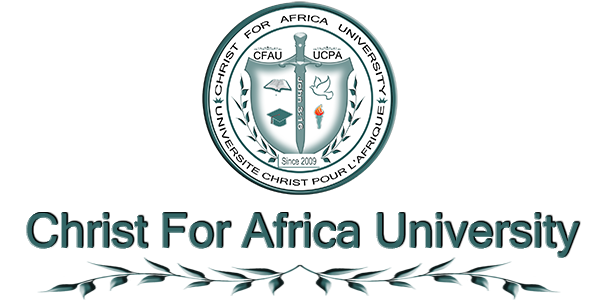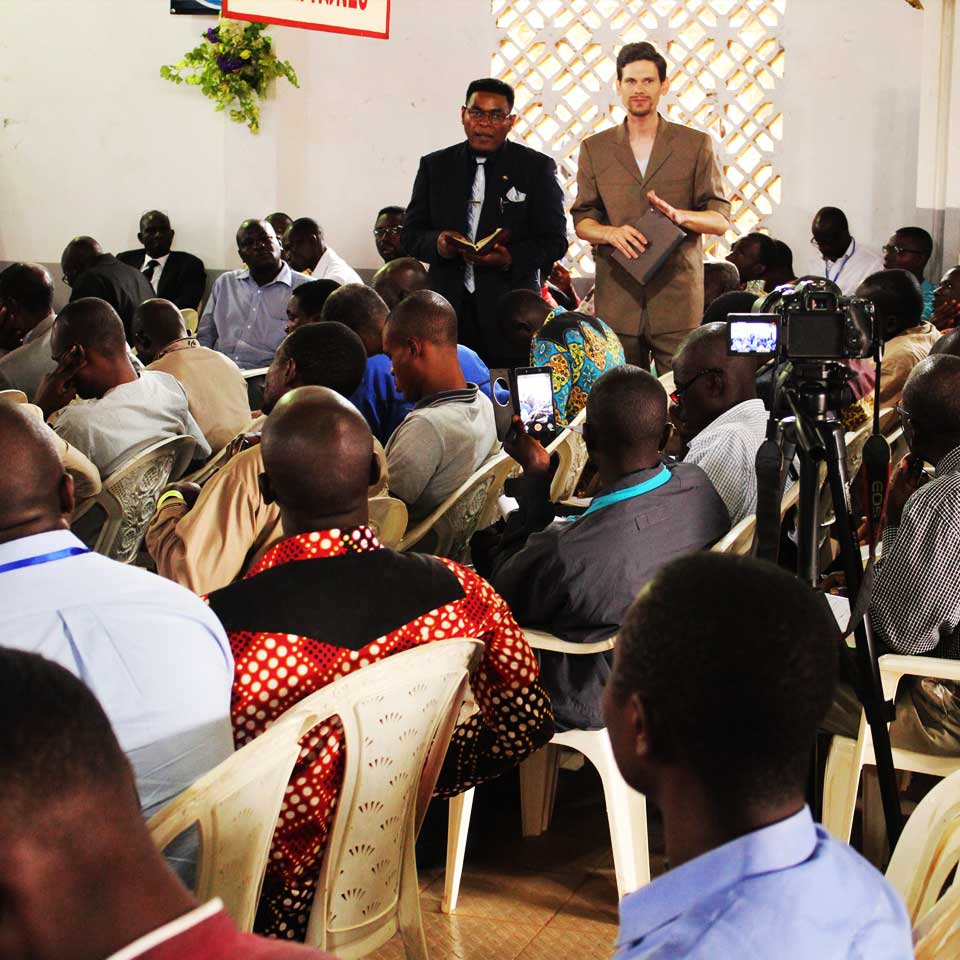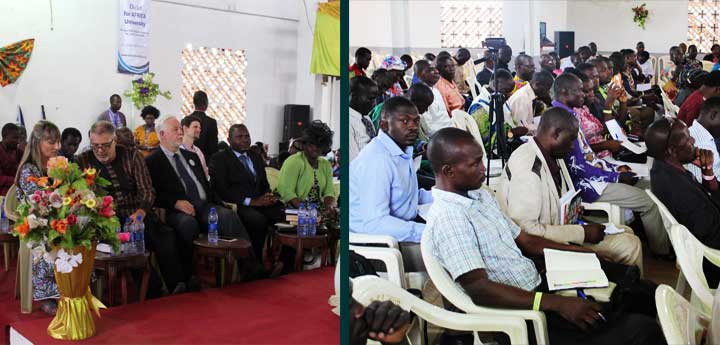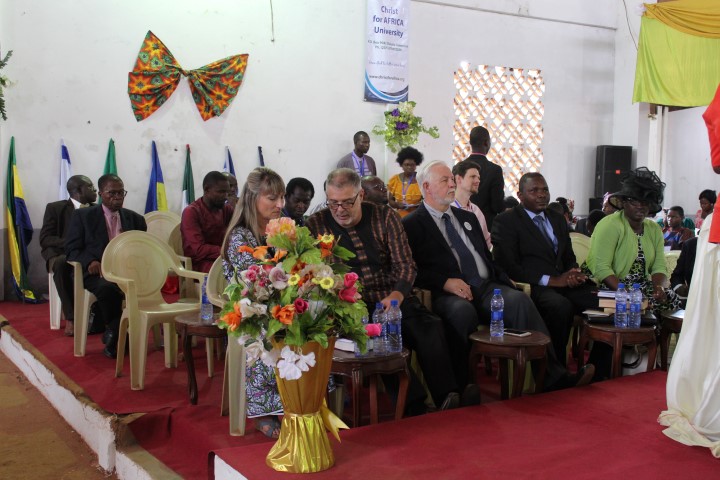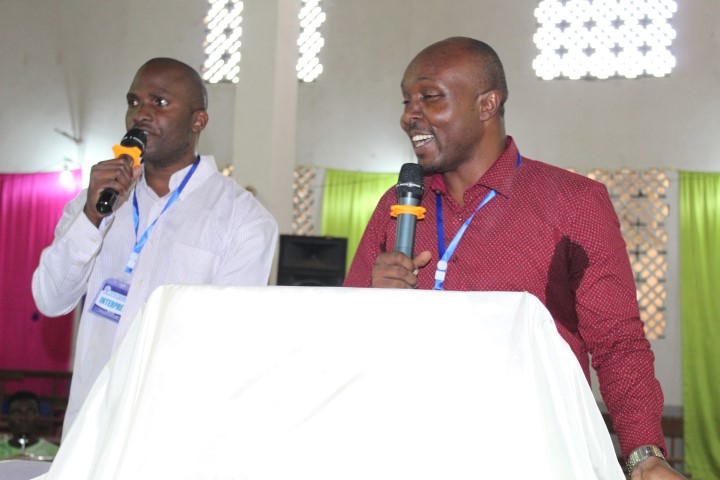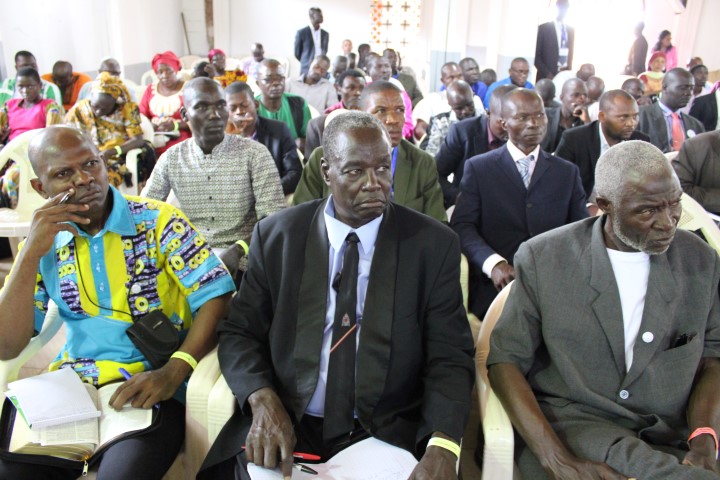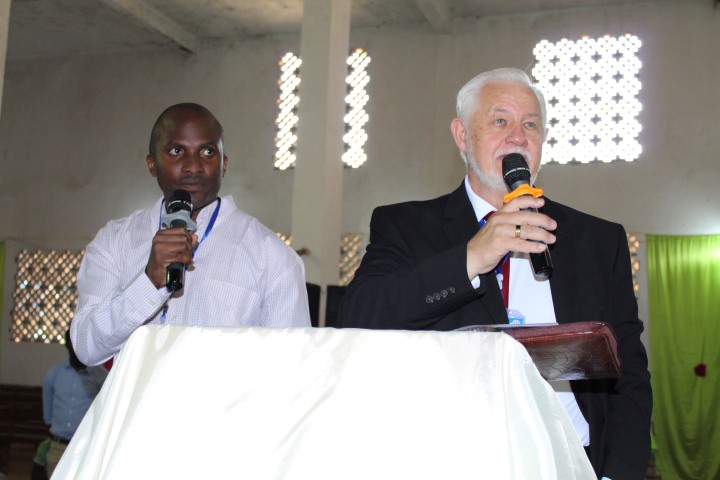Africa is extremely rich, yet extremely poor; extremely religious, yet extremely corrupt; a true continent of paradox.
The Poorest People in the World
According to the official World Bank publication on Poverty and Shared Prosperity in 2018 titled: "Piecing Together the Poverty Puzzle", Sub-Saharan Africa is the poorest region in the world, with a poverty rate of 41.3% in 2015. Although the relative percentage of poor people in Sub-Saharan Africa has been slowly dropping in the past two decades (from 56.4% in 2002), the number of people actually living in poverty has almost doubled!! With a population currently estimated at about 1 billion inhabitants, this poverty rate translates into over 413 million Sub-Saharan Africans currently living in extreme poverty (below $1.9 a day (about 1000frs CFA),which is the current poverty line determined by the United Nations).
In comparison with Sub-Saharan Africa, only 5% (18.6 million) of North Africans leave in extreme poverty.
How can we (Africans in general, and African Christian institutions in particular) afford to sit still in the face of these challenges?
The Most Corrupt Countries in the World
Transparency international released the results of its 2019 Corruption Survey in the publication: "GLOBAL CORRUPTION BAROMETER AFRICA 2019", which it described as the largest corruption survey in Africa, with over 47,000 Africans surveyed across 35 African countries. In this survey, 59% of Africans are of the opinion that corruption has increased in their country in the past year. Also, 1 in 4 African adults (130 billion people) paid a bribe in a public service within the past year. As 7th most corrupt country in Africa, Cameroon remains one of the most corrupt countries in the world; another twist in the interpretation of the slogan, Africa in miniature.
Again, with knowledge of the above, Christians cannot stand by and do nothing while our communities threaten to sink deeper and deeper into an unmanageable quicksand scenario.
Purpose of CIMEA as an organ for change:
It is against a backdrop of the above scenarios, along with other important and urgent challenges (hunger, quality education, access to healthcare, water and sanitation, affordable housing), in line with the United Nation's sustainable development goals, and more importantly in line with Christian teachings and values, that CFAU strives to UNIFY AND BRING TOGETHER CHRISTIAN DENOMINATIONS AND INSTITUTIONS, UNDER THE UMBRELLA OF A RELIGIOUS AND AN ACADEMIC PLATFORM (CIMEA), TO ACTIVELY UTILISE CHRIST-BASED APPROACHES to analyse, develop, propose, and start implementing effective and lasting solutions to AFRICAN challenges, with a special emphasis on Sub-Saharan Africa.
